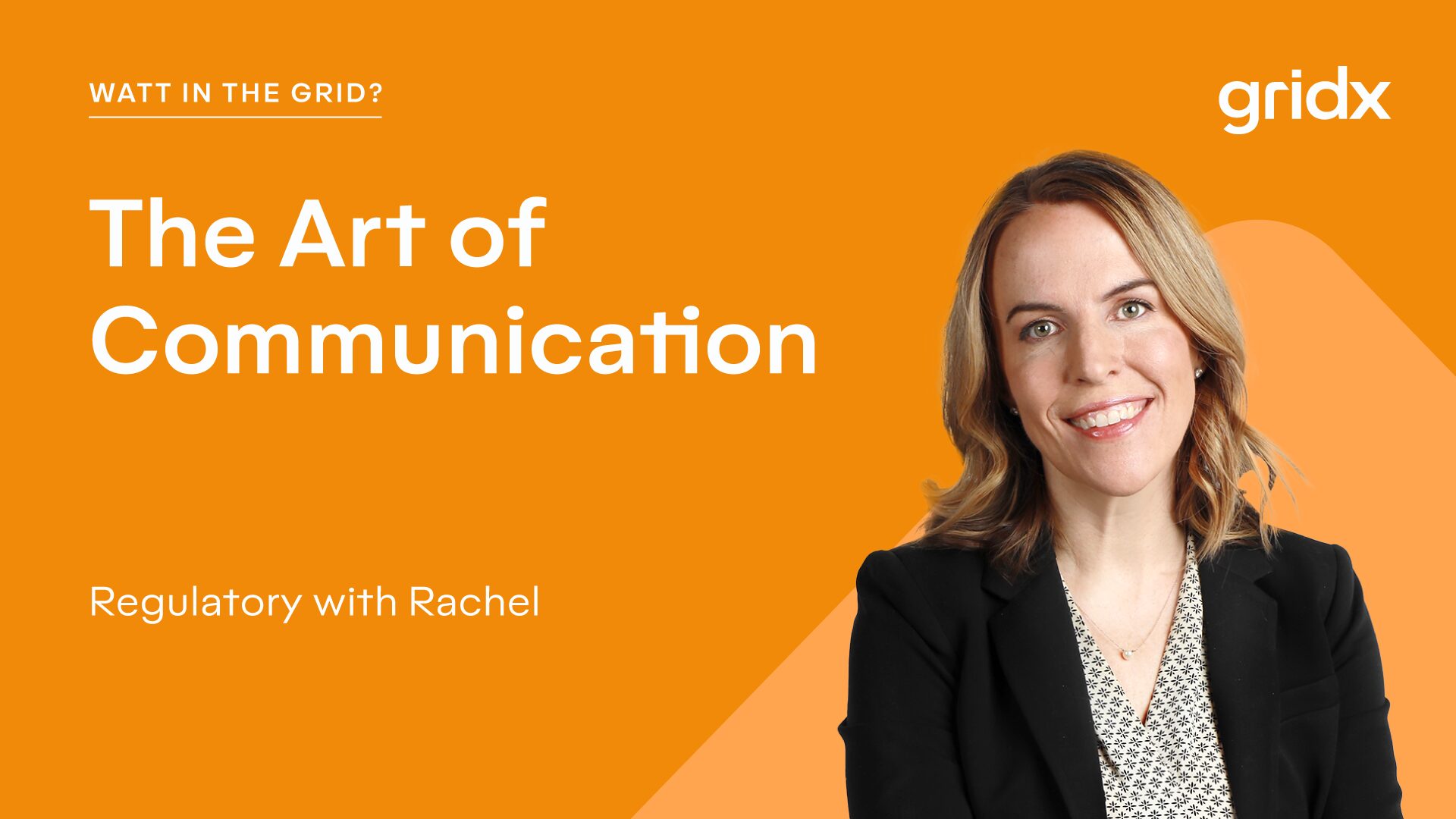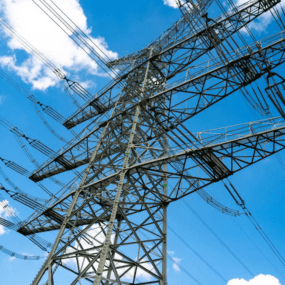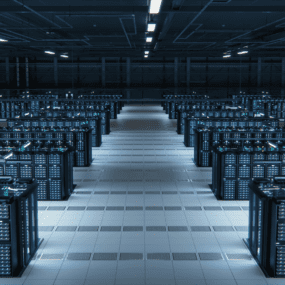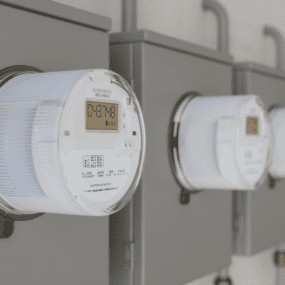The Art of Communication
Vol. 3 – Watt in the Grid?

Vol. 3 – Watt in the Grid?

Sign up for our newsletter
Stay in the loop with all things GridX and beyond.
A routine morning in my house involves getting two school-aged children out the door dressed and fed in under an hour. This endeavor is made more fun by the fact that they agree on very little – and even the seemingly simple ask of, “waffles or pancakes?” can result in yelling, crying, or (on particularly fun days) both. Clutching steadfast to a lukewarm cup of coffee, I try to explain why candy doesn’t count as breakfast whilst simultaneously (and with increasing volume) lecture them about wasting food. Occasionally it strikes me how – despite all this talking – we are often still not communicating. Each yell of “stop touching me!” creates an internal mom panic and begs the question, how can something so simple – and something we do every day – still be this hard?
In the world of grid flexibility, the same sentiment rings true. I have paid countless electric bills without much understanding of why a bill is a certain amount or how to make it less. Even with a career in the energy industry, the whole statement seems like it’s in a different language. And, when I’m being honest, my frustration doesn’t feel that different than my son squarely asking why he can’t eat chocolate for breakfast. He wants an effective and satisfying answer that makes the task not only feel less tedious, but more like his choice. But – just as utilities struggle to explain rates and offerings – every parent I know has resorted to a curt and loud response of, “because I said so.” And this type of answer does get the kid out the door – albeit without any information to prevent a repeat performance tomorrow. I would argue that explaining how chocolate on an empty stomach causes aches and pains sometimes seems every bit as daunting as explaining utility rate offerings and billing dynamics. But just as parenting experts (and deep breathing) help parents everywhere navigate breakfast, so too do companies like GridX help utilities break down complex concepts in a manner that helps revenue and customer satisfaction alike.
The ever-growing integration of advanced technologies and smart devices enables a real-time dialogue between a utility and its customers, allowing the grid to adapt swiftly to fluctuations in demand and supply. Smart meters, real-time data analytics, and automated systems facilitate a continuous flow of information, empowering customers to make informed decisions about their energy usage – ranging from when to run the dishwasher to what overall rate structure will optimally benefit their household. This dialogue transcends the traditional boundaries of energy consumption – inviting individuals to actively engage with their utility.
My son tends to be less upset about not getting candy with his breakfast when I let him know he can have some after dinner. As a utility customer, I am less upset about my utility bill when my provider explains all available rate options, encourages me to take control of my consumption, and provides an easy-to-use interface where I can know – without question – how to optimize my household’s energy use. Effective communication means letting me know the true cost impact of installing new solar panels or purchasing a new electric vehicle. GridX tools let customers feel more in control, which will prompt more customer engagement and trust.
I might never understand why my kids refuse to eat waffles but – just as the grid must adapt to shifting demands with effective communication (knowing exactly when to align supply and demand) – parents must consistently adapt to ever-changing moods and appetites. As the grid becomes more complex and interconnected, the need for a robust communication network will intensify. Just as – if I had to guess – the looming pre-teen years will introduce some new dialogue in my household. Both processes require active listening and a willingness to adapt – a delicate balance where information flows seamlessly and responses are timely and accurate.
Working with GridX to optimize customer education will pay dividends in the form of a more resilient, efficient, and environmentally conscious energy landscape. I believe effective communication is always good – even when it’s explaining why we all must eat fruit and vegetables – and even though my children have already mastered an epic telepathic eye roll.




